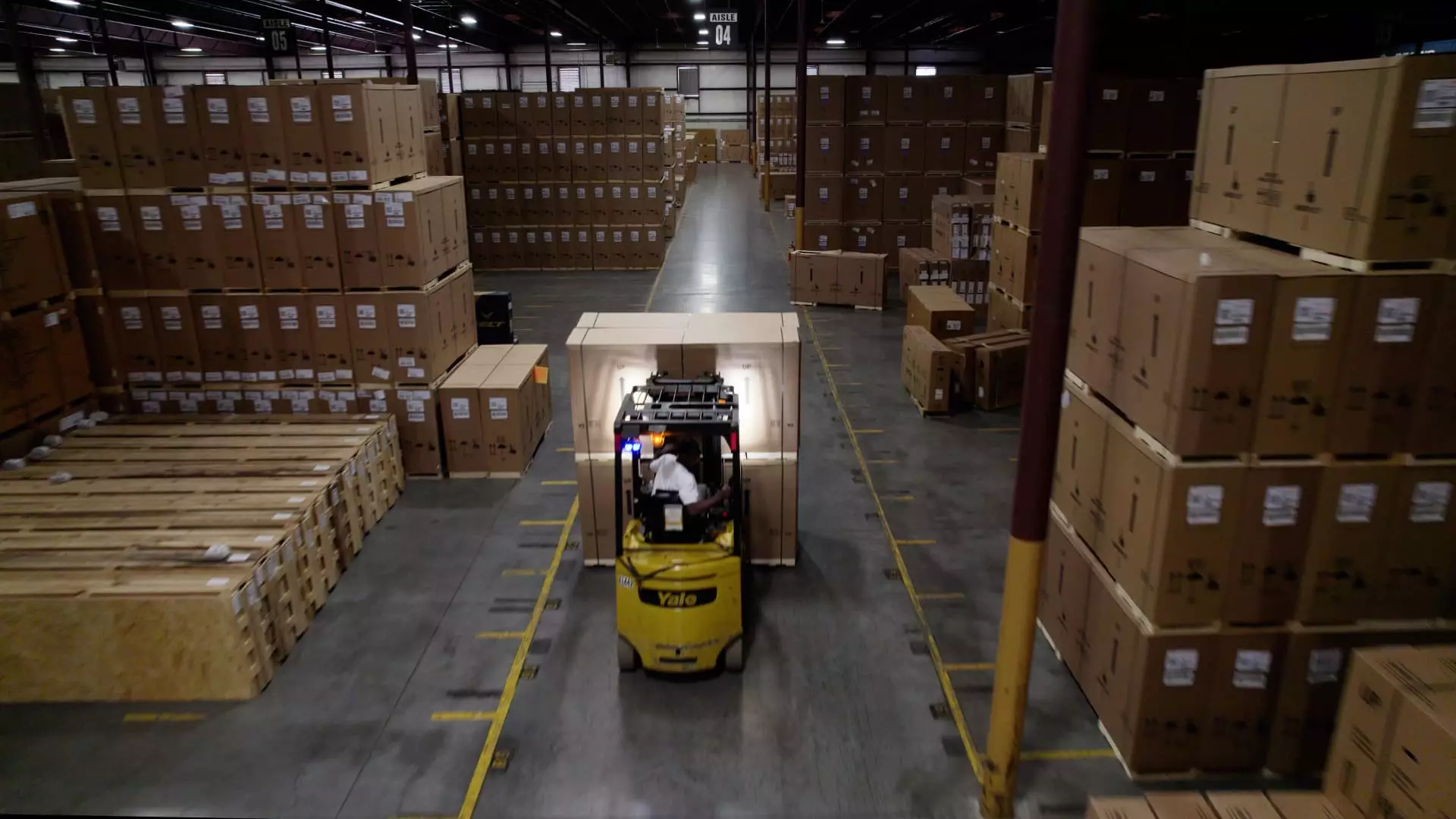In an era defined by economic turbulence and unpredictable tariffs, corporations have discovered a powerful yet controversial tool: foreign trade zones (FTZs) and bonded warehouses. These infrastructure marvels are not just logistical conveniences but act as clandestine shields against the relentless assault of trade tariffs and policy uncertainties. Often overlooked by consumers and policymakers alike, FTZs and bonded warehouses are reshaping the landscape of international trade, enabling companies to manipulate the system in ways that benefit their bottom line—sometimes at the expense of fairness and transparency.
Designed during the Great Depression to stimulate economic activity, FTZs have evolved into sophisticated strategic assets. By importing raw materials or semi-finished components into these zones, companies can sidestep immediate tariffs, effectively creating a “tariff bubble.” This means that goods are stored duty-free until they flow into U.S. commerce, at which point duties are collected. This delayed taxation isn’t just a convenience; it can be a game-changer in cash flow management, especially amid trade war upheaval. However, beneath this veneer of strategic flexibility lies a complex, and sometimes problematic, system that profits the well-resourced while muddying the waters of fair commerce.
The Power Play of Delayed Duties
The appeal of FTZs and bonded warehouses lies in their ability to defer costly tariff payments. For companies scrutinized by tariffs introduced during trade conflicts, this delay translates into vital cash preservation. As Jason Strickland of Givens highlights, storing goods in an FTZ or bonded warehouse frees up cash that would otherwise be trapped in immediate duty payments—an advantage in a battleground where market stability is uncertain. Furthermore, goods stored in these zones that are re-exported without ever entering U.S. markets are completely exempt from duties, creating an attractive incentive for international trade.
This system also introduced a significant benefit: inverted tariffs. Historically, manufacturers could pay lower duties on finished products than on individual imported components, a crucial advantage for industries that rely heavily on complex foreign supply chains. Giants like Ford, GM, and technology leaders such as Intel thrived under this setup, while even Pfizer used FTZs for vaccine production, circumventing duties until FDA approval. But as political tides shift and executive orders restrict these privileges, many companies find themselves at a competitive disadvantage, paying higher duties due to policy rollbacks.
The Rising Cost of System Exploitation
Recent policy changes have curtailed the benefits that once made FTZs a goldmine for corporations. The elimination of the inverted tariff benefit, for example, has forced companies like Regent Tek Industries to grapple with increased costs—around a 7% hike on their materials. This shift underscores the system’s asymmetry: larger firms and those with resources remain agile enough to adapt, while smaller businesses bear the brunt of increased tariffs and operational disruptions.
In response, many have turned towards bonded warehouses, which allow importers to temporarily store goods without paying tariffs upfront. But these come with their limitations; storage durations are capped at five years, and the potential for tariff rate fluctuations still offers some flexibility. When tariffs drop, companies can opt to pay the lower duty upon release, effectively hedging against tariff volatility. However, this flexibility underscores a broader issue—these zones serve as tactical instruments for market speculation rather than purely facilitating trade.
The Ethical Dilemma and Economic Consequences
What emerges from an honest analysis of FTZs and bonded warehouses is a system that favors the resource-rich and politically savvy, often at the expense of transparency and equitable competition. While these zones are justified as tools for economic efficiency and global competitiveness, they also enable large corporations to manipulate tariffs—delaying payments, reducing costs, and recalibrating supply chains—without necessarily reinvesting those savings into American innovation or workforce development.
Policy-wise, this introduces a chilling question: are these mechanisms strengthening or undermining the broader economic fabric? In a globalized economy that espouses fairness and reciprocity, such strategic tariff deferrals risk fostering an uneven playing field, further entrenching the dominance of the already powerful. These practices can distort market signals and encourage a form of economic opportunism that may ultimately destabilize international trade relations.
While proponents argue that FTZs are vital for maintaining competitiveness, their continued expansion and exploitation raise concerns about accountability and fairness in international trade. As global alliances shift and trade policies evolve, a cautious and critical eye is required to understand whether these zones serve genuine economic interests or merely perpetuate a cycle of strategic manipulation—an economic arms race that benefits a select few at the expense of broader societal gains.



Leave a Reply